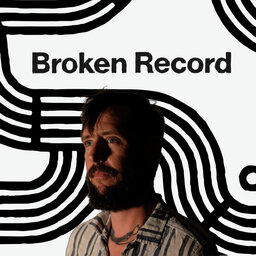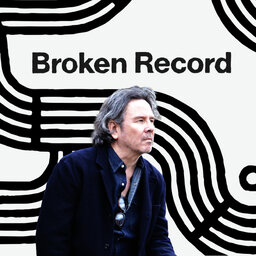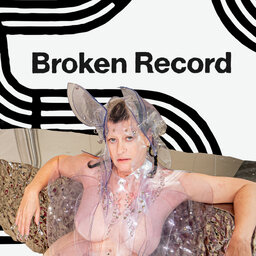Yola's Walk Through Fire
After years honing her craft in the UK Yola finally lands with her beautiful album, "Walk Through Fire." Produced by the Black Keys' Dan Auerbach, the album combines classic country, soul and rock and roll. Bruce Headlam talks to Yola about her journey to this album.
Learn more about your ad-choices at https://www.iheartpodcastnetwork.com
 Broken Record with Rick Rubin, Malcolm Gladwell, Bruce Headlam and Justin Richmond
Broken Record with Rick Rubin, Malcolm Gladwell, Bruce Headlam and Justin Richmond


